What Is Casein?
Casein is one of the best protein supplements around, but it is often ignored. If you know anything at all about protein supplements, you surely know that whey is by far the most popular of the bunch. However, casein comes from the same source (milk) and offers all of the same benefits.
We suspect that its similarity to whey might be the reason that casein has often been overlooked. People think of it as “that other milk protein,” and many people probably choose whey because their friends are doing so. But as you will see, casein has a few little bonuses that actually make it superior to whey in some respects.
What Is Micellar Casein?
The first thing you need to understand is that whole milk consists of about 80% casein and about 20% whey. These levels stay more or less consistent because of the fact the level of casein in a mother’s milk does not depend on her diet. While other nutrients may have varying levels depending on the nutrition of the mother, casein levels remain about the same.
The main difference between casein and whey is that whey is absorbed and used quickly, while casein is used slowly. One of these substances is a source of quick energy, while the other will give you a steady boost of energy over a longer time. When you look at the various casein supplements on the market, you will see that they always fall into one of two categories:
Micellar Casein and Hydrolyzed Casin (hydrolysate)
Micellar casein is the natural form, while hydrolyzed casein has been treated in a laboratory. If you’re wondering why someone would do this, the answer is simple: To allow the body to break the protein down and use it more quickly. They achieve this by treating the casein with digestive enzymes and a weak solution of hydrochloric acid. Your stomach contains just such a weak solution of hydrochloric acid along with the same enzymes, so the process is meant to simulate digestion. Thus, we could refer to hydrolyzed casein as “pre-digested” casein.
When we think about this, we can’t help but wonder: Why would anyone use hydrolyzed casein when they could have just used whey? After all, the only real difference between these proteins lies in the speed at which the body uses them. If you take casein and make it faster to digest, you have basically created another form of whey. That’s why we recommend avoiding hydrolyzed casein in spite of the fact that it’s not a bad supplement. It’s one of those cases where the product is good, but another one is better and fulfills the same purpose.
Uses And Benefits Of Micellar Casein
Because of the fact that micellar casein is digested slowly, it can serve as a source of energy for the body, and it can do so over a much longer period. When you ingest a fast-acting protein supplement like whey, you only have a window of 1-3 hours in which that supplement will be doing its work. With casein, your window is much longer.
This is very important because of a phenomenon that is usually described as muscle breakdown. You see, your muscles use proteins (especially amino acids) as a building block with which to create strong muscles. However, when the body runs out of available protein, it tends to start feeding on itself. Also, certain types of exercise tend to increase the rate at which the muscle will degrade.
Your body doesn’t see your muscles as something impressive to be admired in the mirror or at the gym. Your body sees the muscles as another source of energy, but it obviously treats them as a last-ditch reserve. Still, it is a fact that extensive cardio training will degrade muscle tissue if it is not accompanied by an appropriate amount of strength training.
One of the best casein products on the market is Gaspari Anabolic Stack. While it’s not pure casein, it might be even better. It combines casein with a number of other useful supplements to create a blend that (in our experience) works very well indeed. It gives a long and steady protein boost, along with a nice increase in recovery time.
Are There Are Any Downsides When Using Micellar Casein?
Because the body requires plenty of proteins and amino acids to perform all sorts of common functions, it is hard to have too much of them. The idea of amino acid overdose is almost ridiculous, as it almost never happens. In order to overdose on amino acids, you would have to be consuming far more than any sane person would ever consume. Thus, there are no real risks associated with this supplement.
However, we can see one small downside when we look at this study here. Researchers gave both whey and casein to two groups of test subjects. One group was given the whey while the other was given the casein, and their rates of protein absorption were then measured. the researchers found that whey gave a bigger initial spike than casein, while casein started at a middle range and stayed there. Whey, by contrast, gave the test subjects a huge spike of protein absorption over a short amount of time.
These results would seem to confirm what we already knew: That casein gives you a slow and steady rate of protein absorption. You may not get the same huge gains that whey can offer, but you will also suffer much less muscle degradation when not being active, or when doing cardio.

Conclusion
Overall, micellar casein is one of the better supplement choices on the market. While it may not be the strongest in terms of giving you a hyper protein boost, it gives an effect that is much longer-lasting than most of the alternatives. As if that weren’t enough, we found another study which suggests that casein could have some benefits to the immune system as well.
That same study also found that casein was extremely high in antioxidants. This is a very good thing because antioxidants are known to have important anti-aging properties. Thus, reading this article and heeding our advice might actually cause you to live longer! If you are grateful for these extra years that we have (possibly) added to your life, you can show your appreciation by following us on Facebook using the link below.
The post What Is Micellar Casein? appeared first on Gaspari Nutrition.



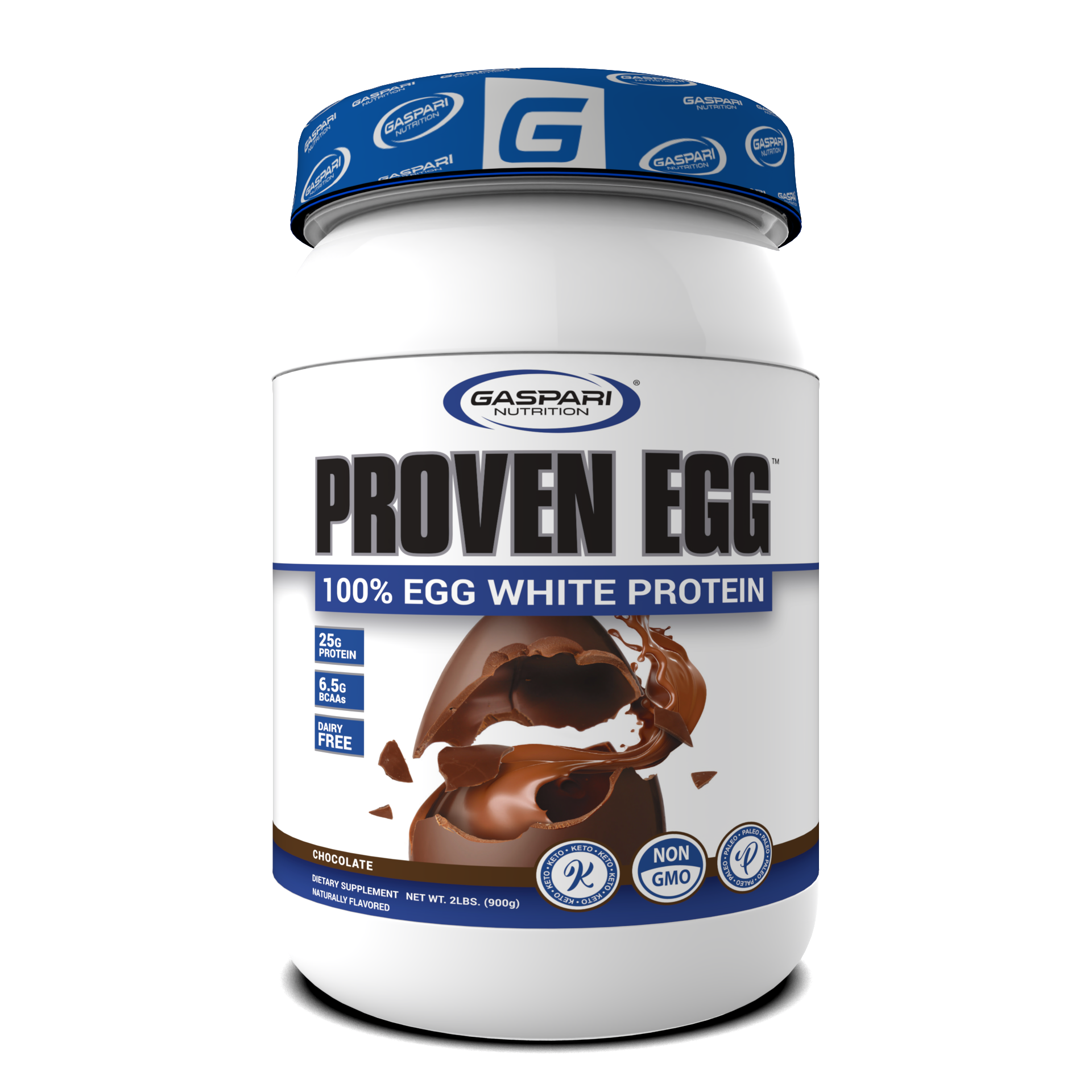



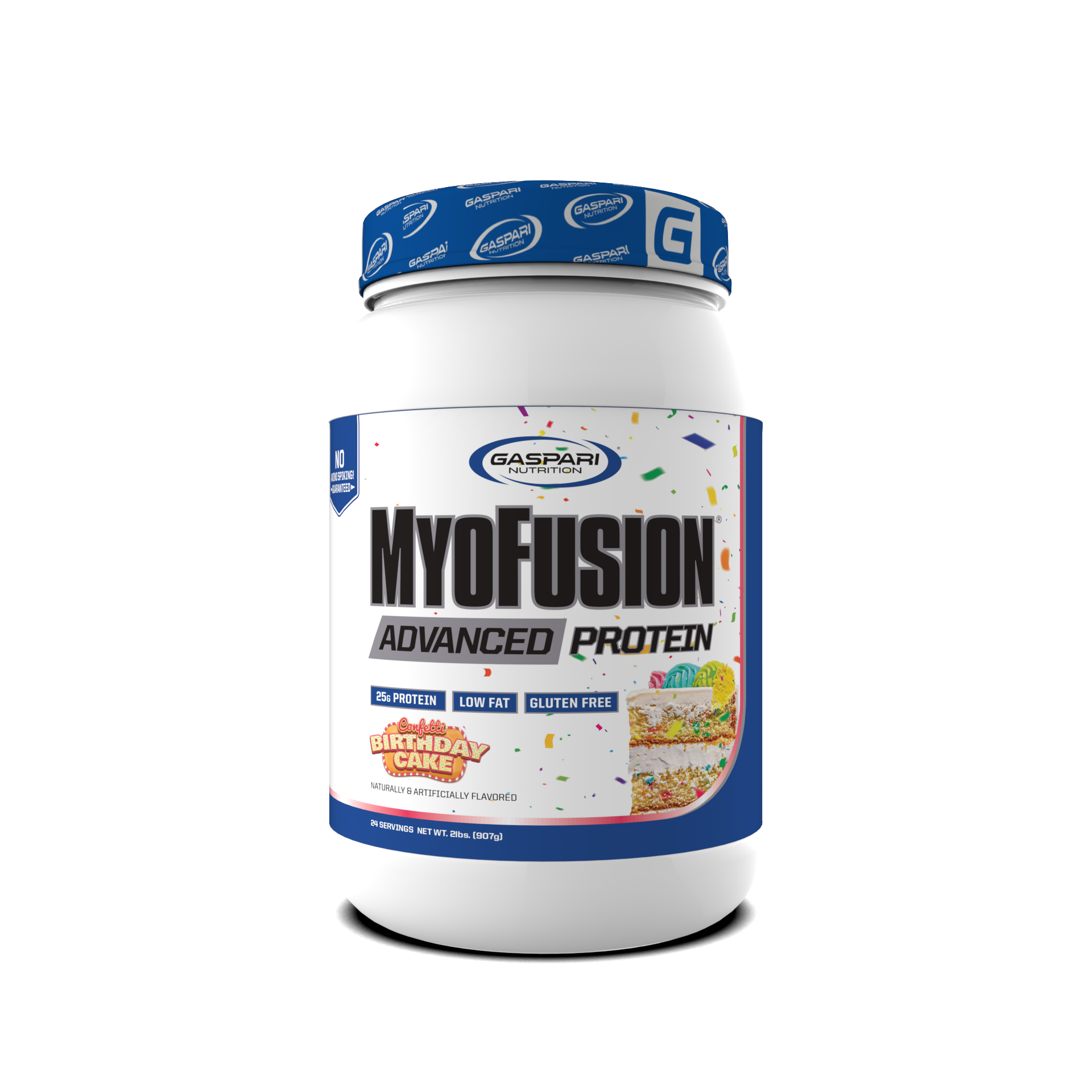



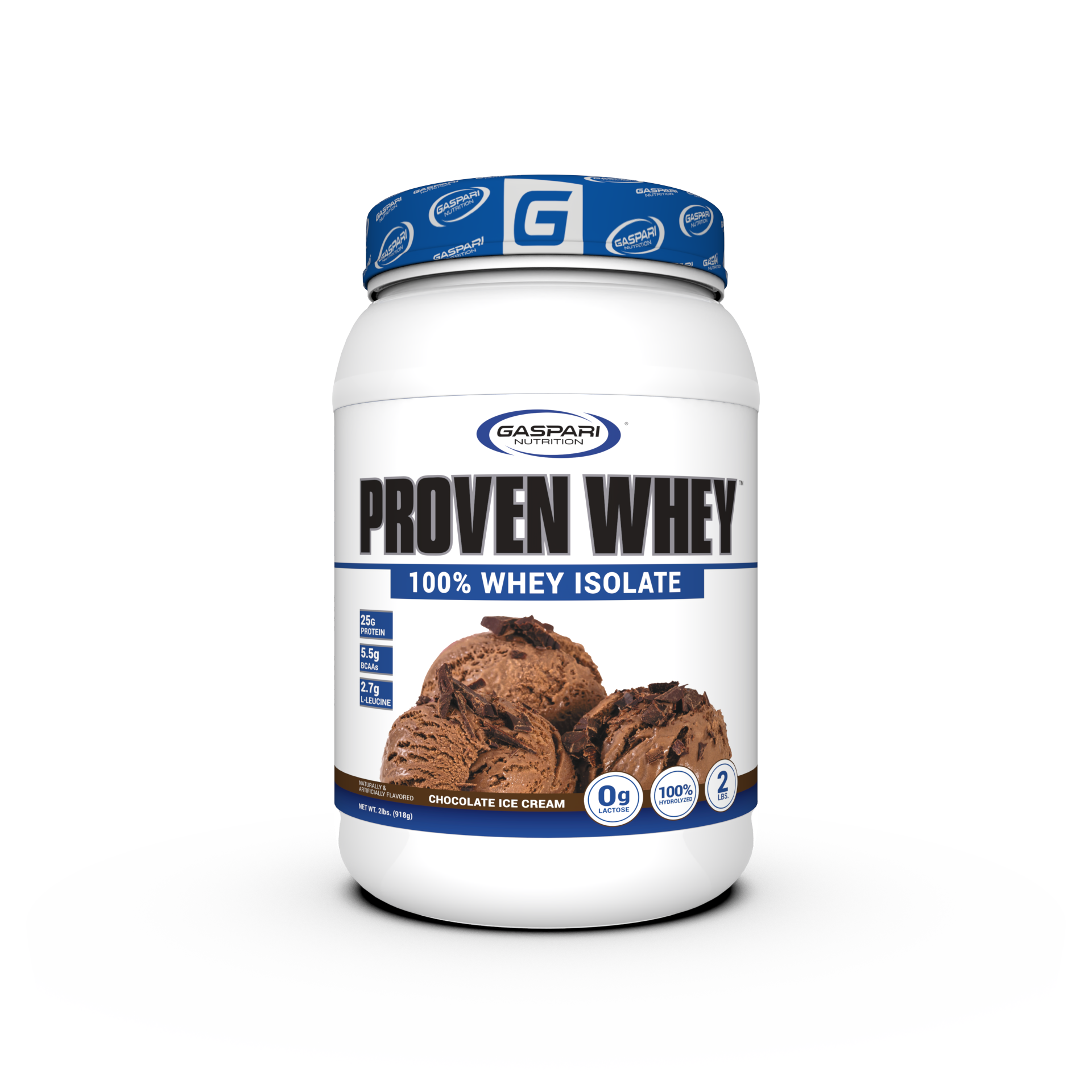




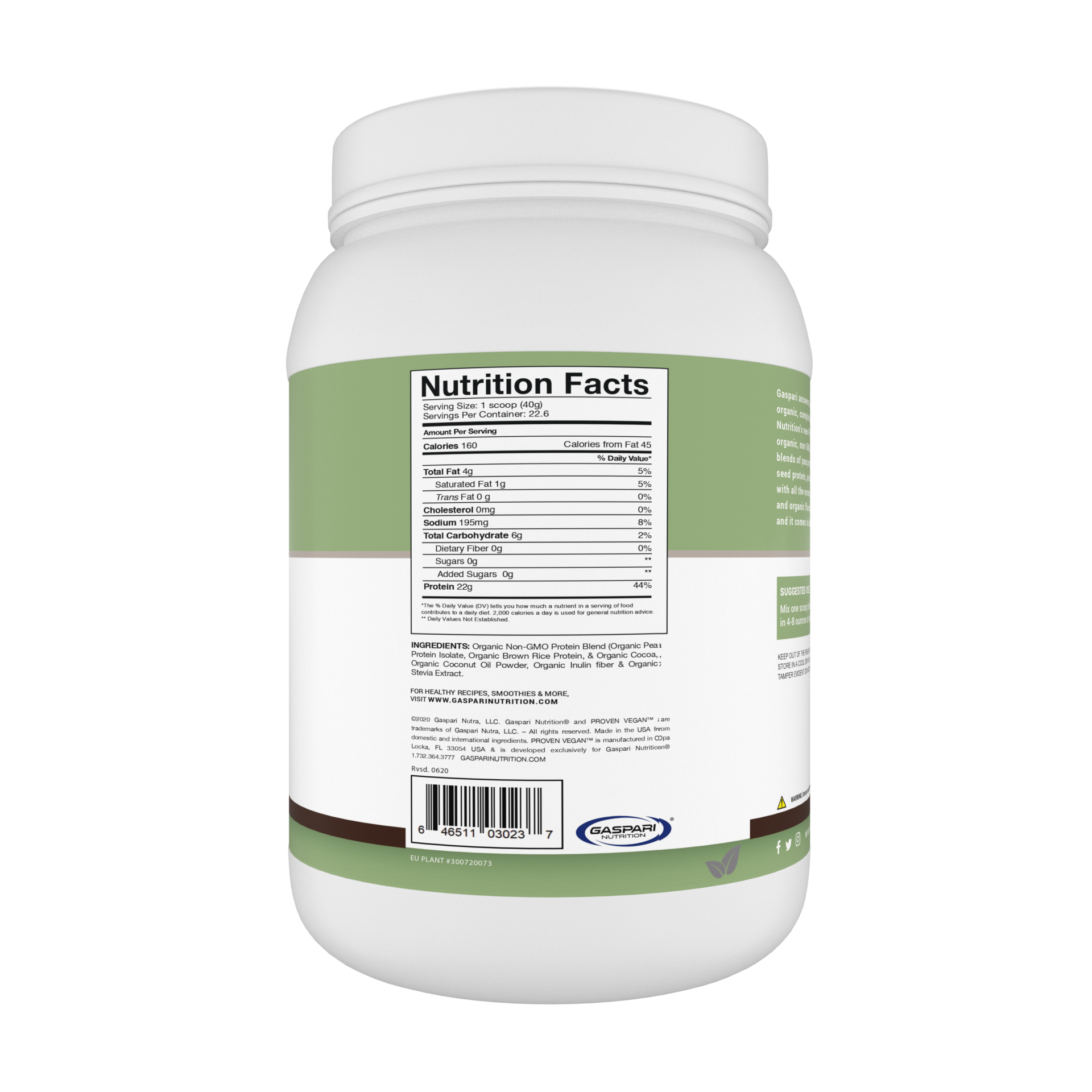






















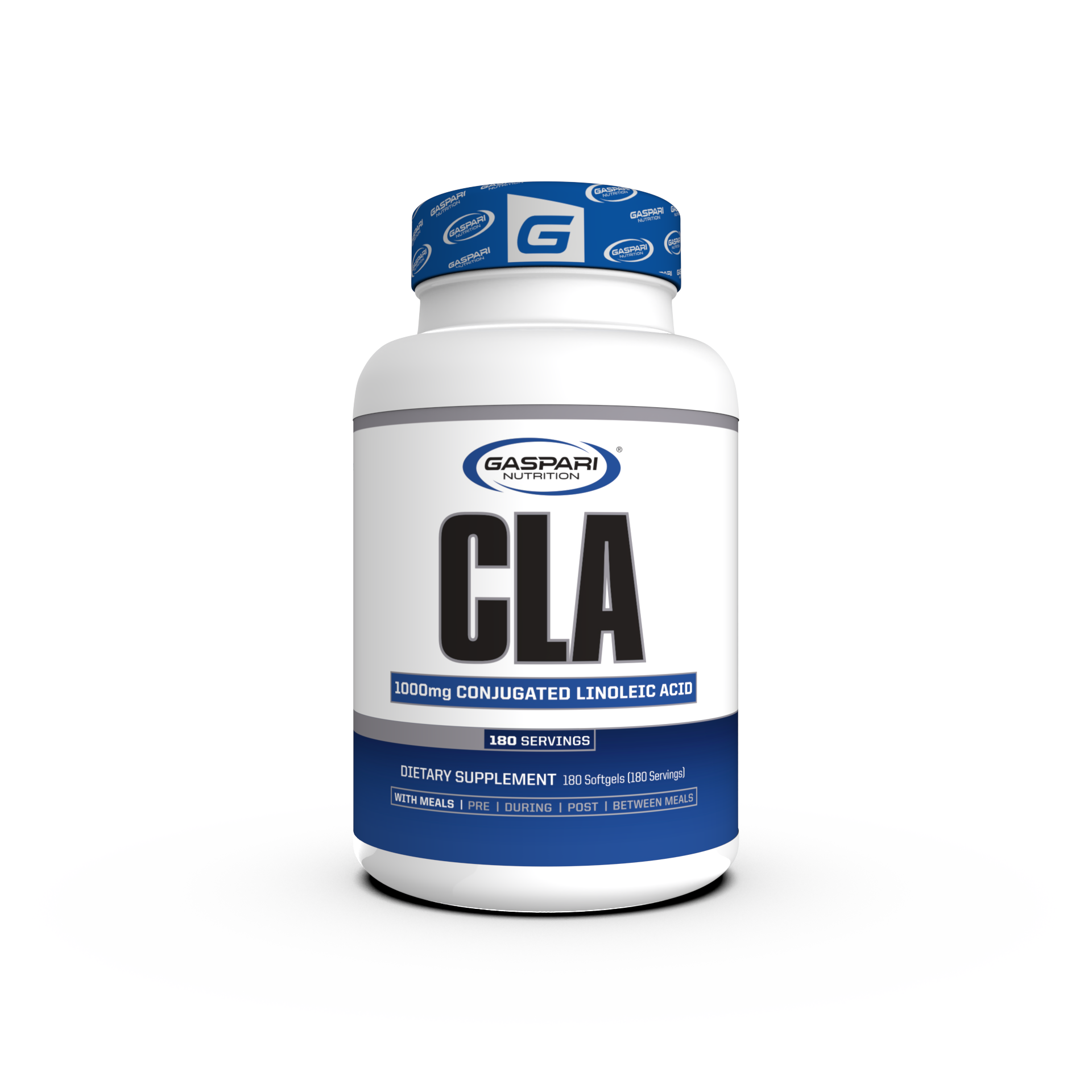



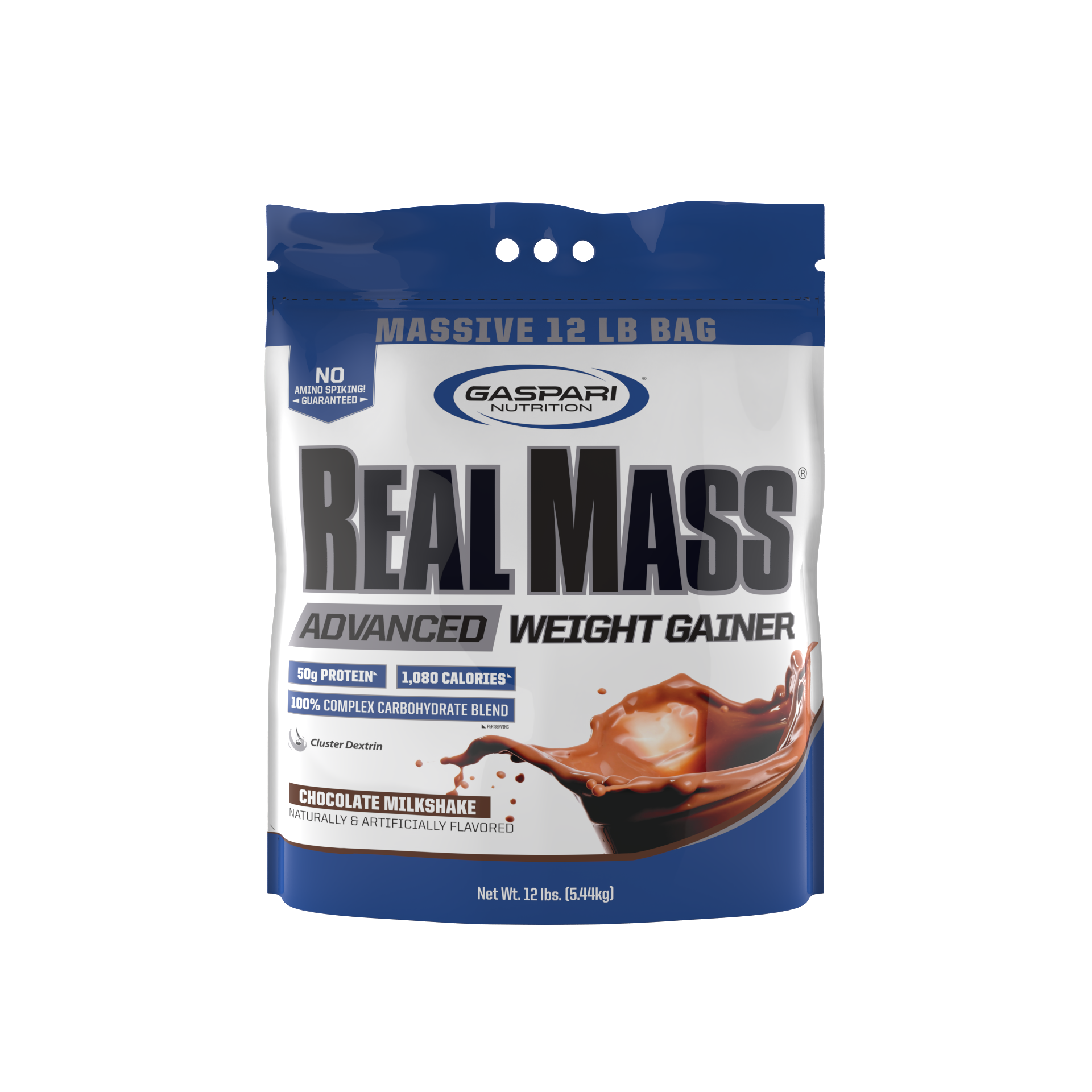











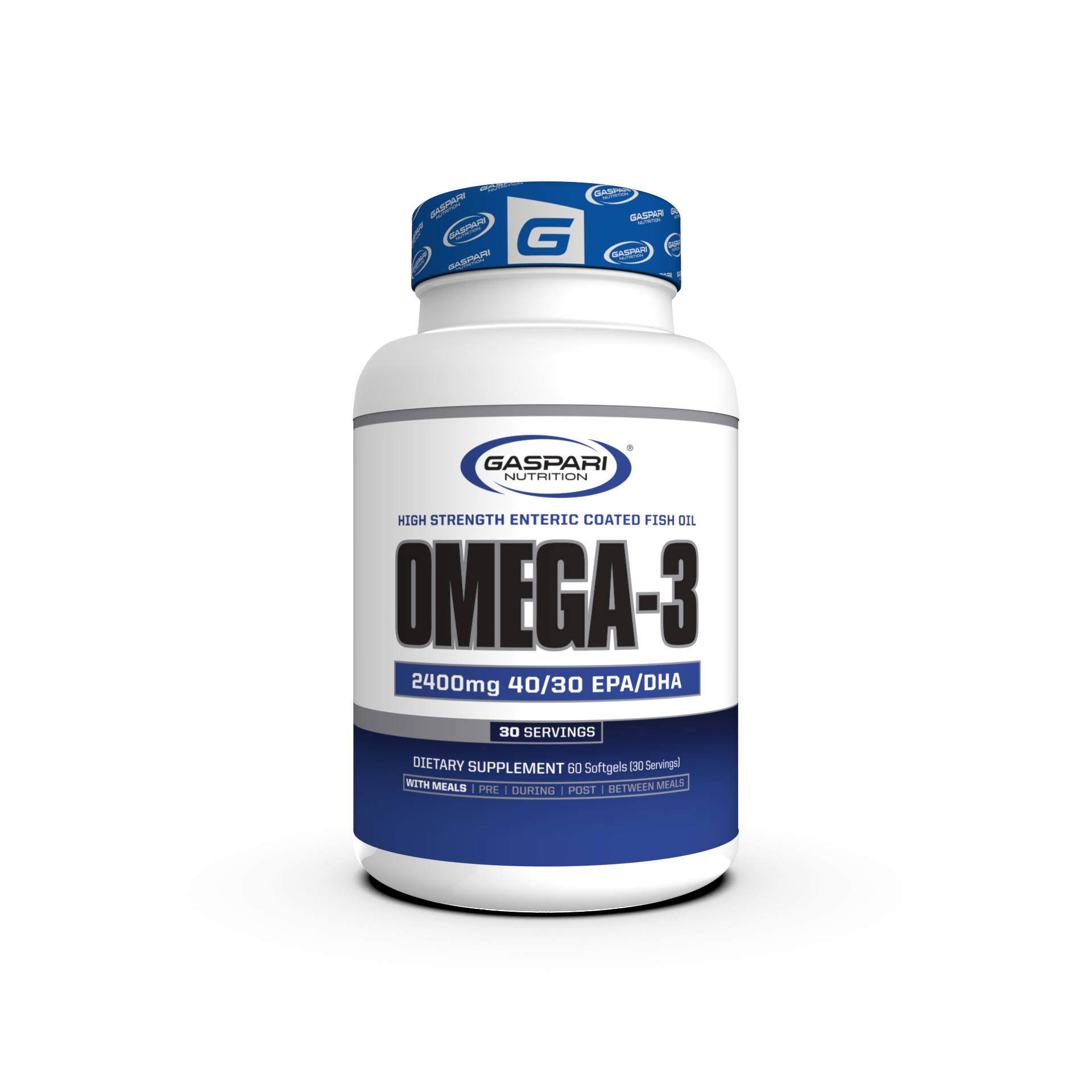



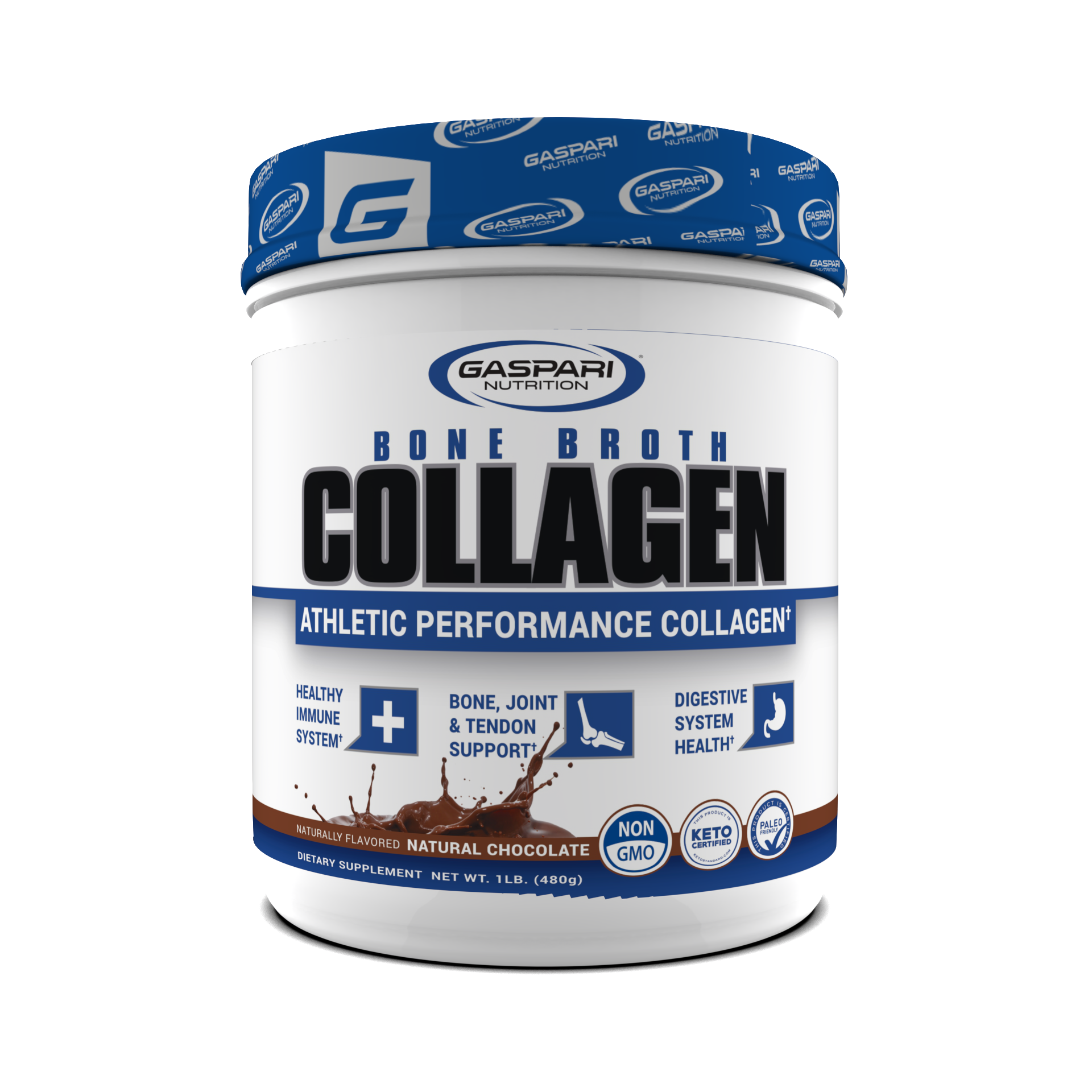



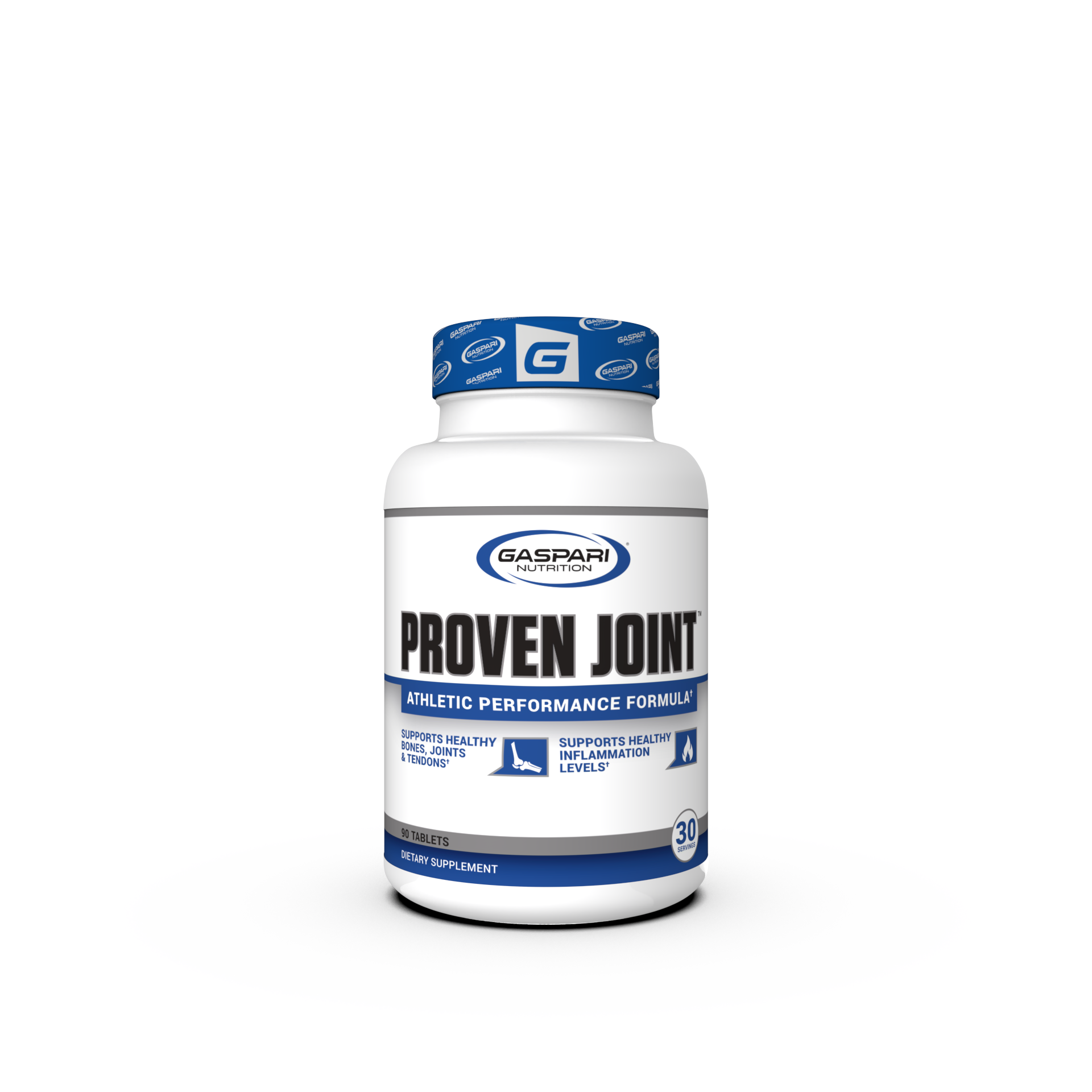








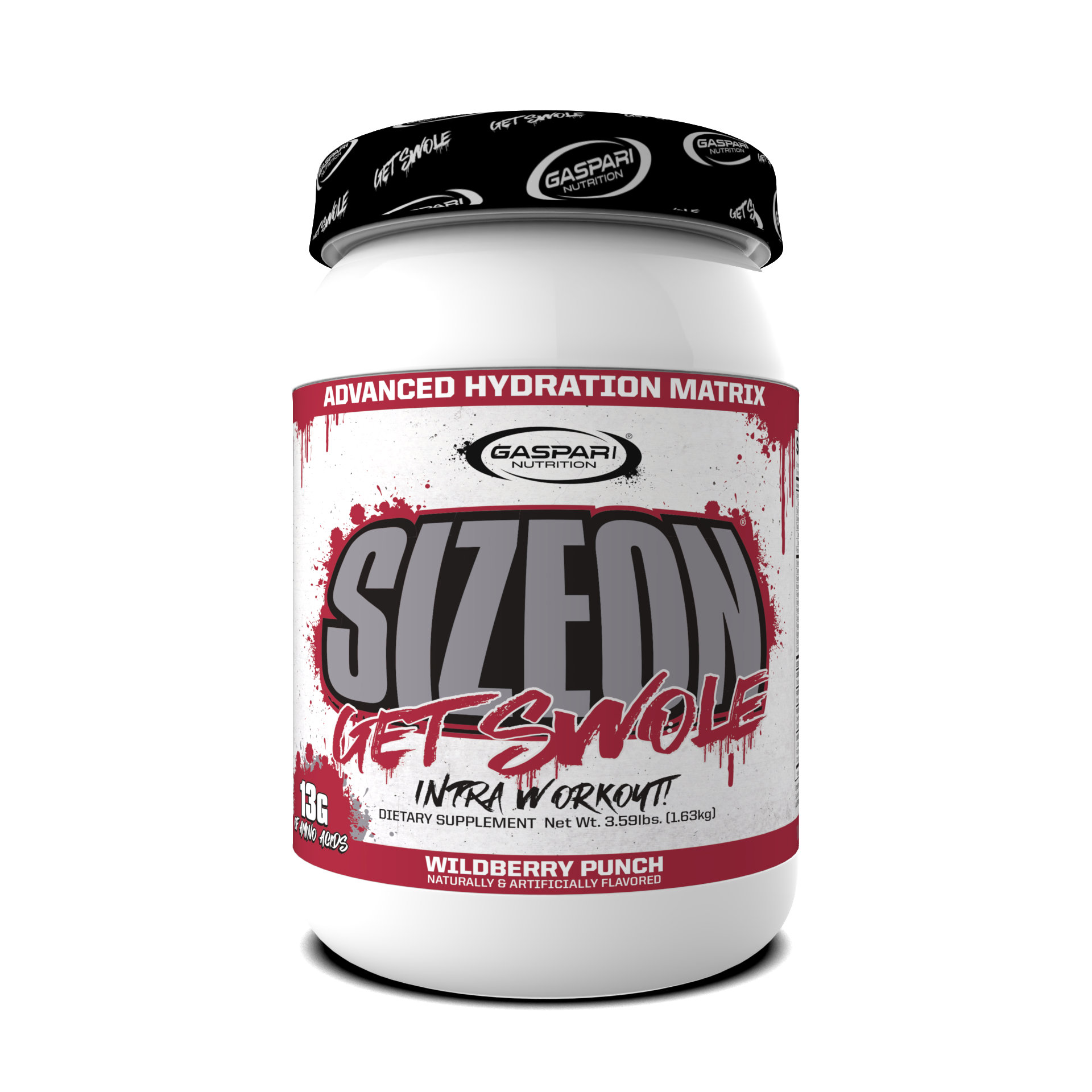


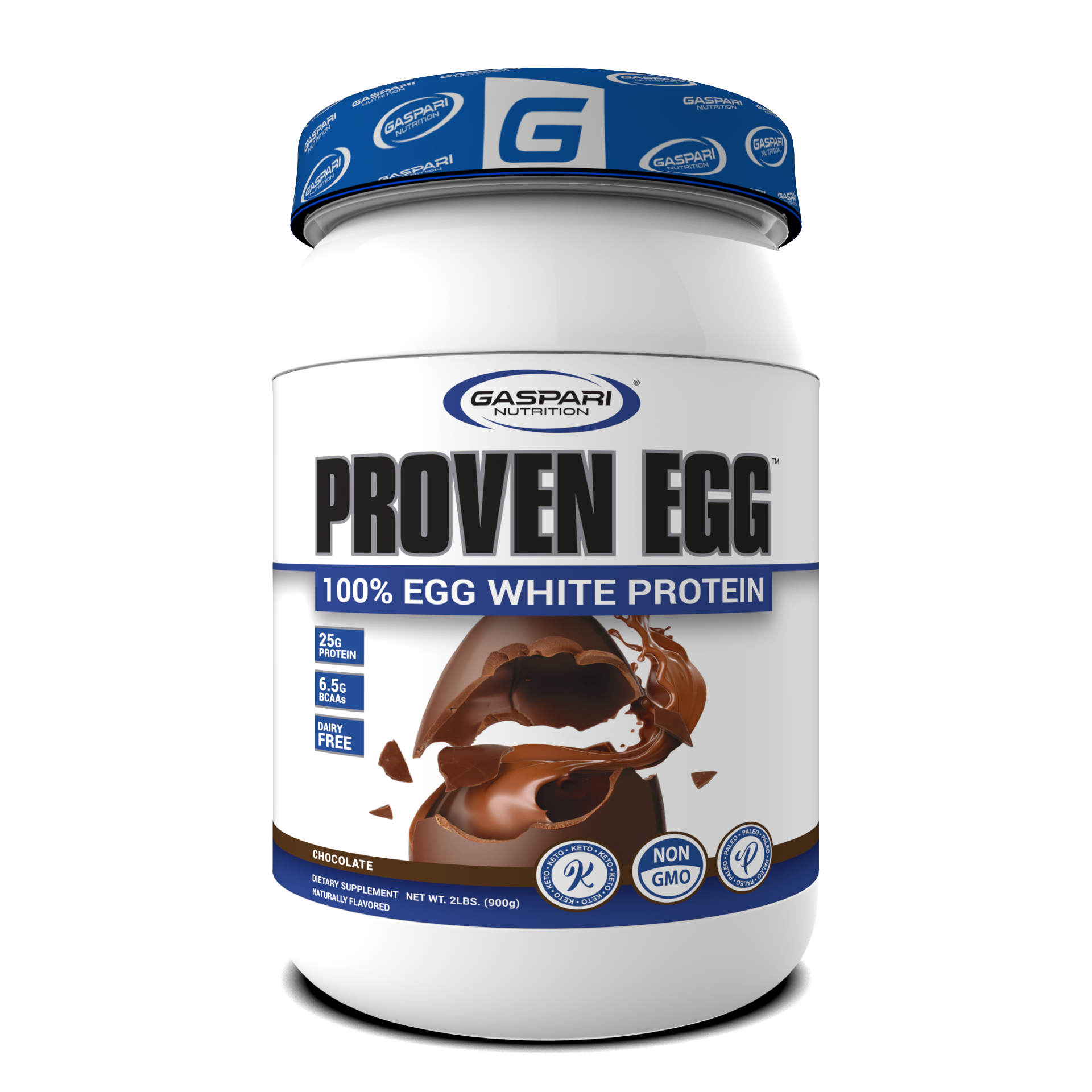

Share:
The Truth About Female Specific Training
Low BMI: What It Means To Be Underweight